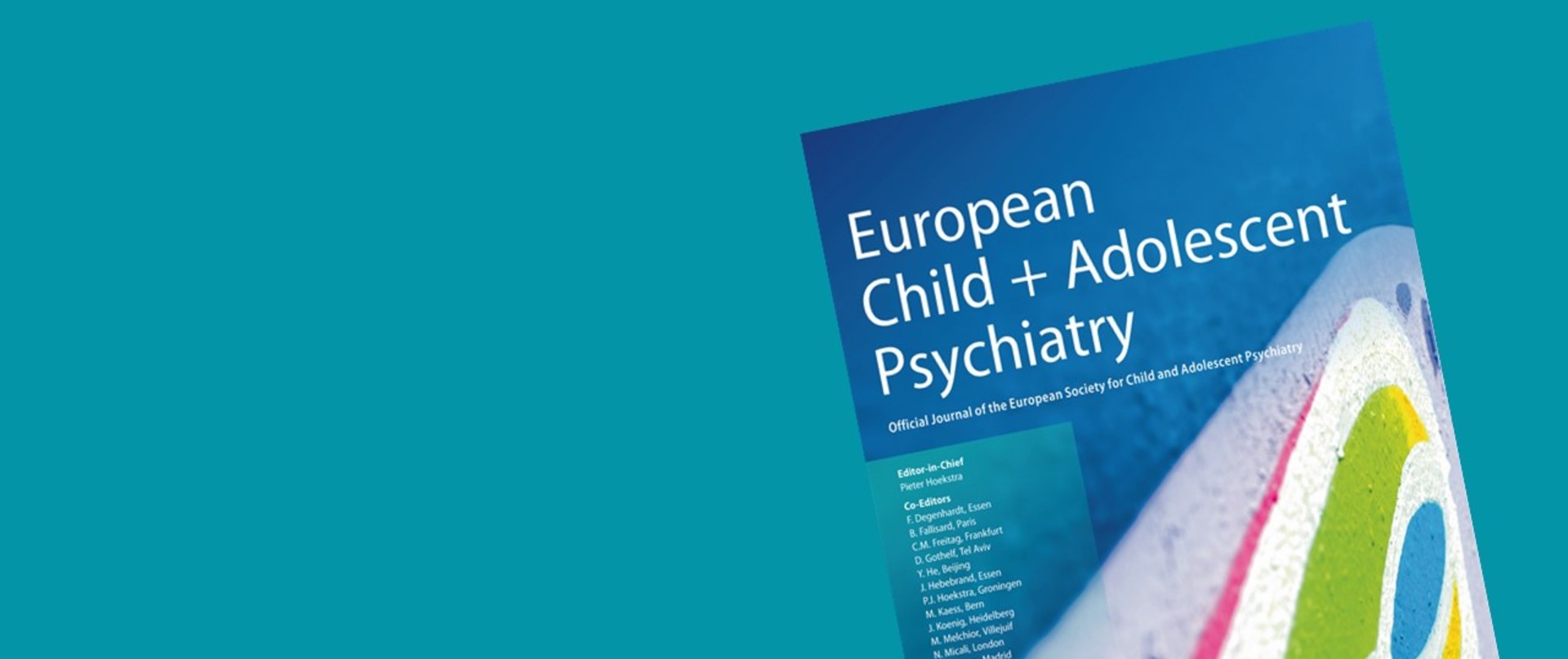
Editorial: Childhood trauma: the elephant in the room in child and adolescent psychiatry by Carmen Moreno, Renzo Abregú-Crespo & María Mayoral
Although the interplay between trauma and psychopathology in childhood and adolescence has been well established, it is frequently overlooked in clinical practice, as it requires consideration of diagnostic complexities and awareness of symptom overlap between trauma-related symptoms and clinical manifestations of other psychiatric disorders. It also poses unique challenges in clinical assessment and treatment provision that confront not only clinicians but also the current organization and provision of mental healthcare for young patients.

Here, we document the last six years of the ECAP journal. On the official ECAP page on Springer, you can find articles that date back to the first volume, published in 1992.
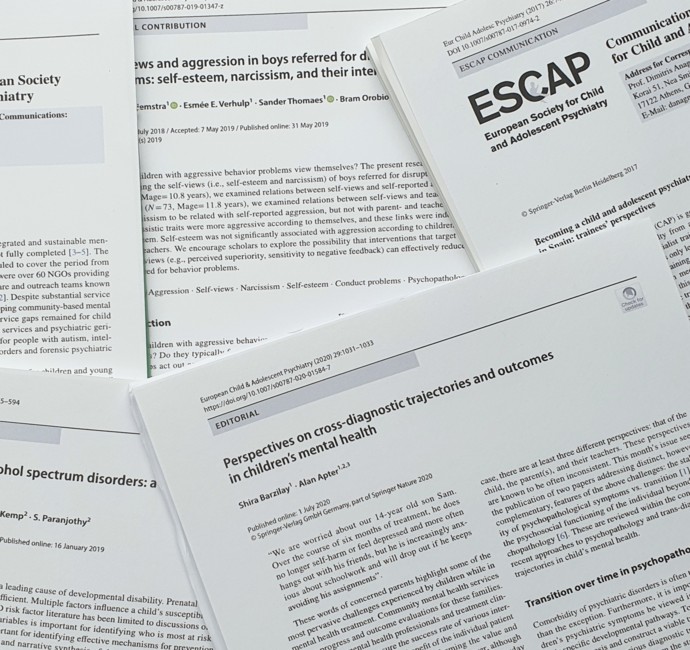
Each year, ESCAP team up with ECAP to generate ESCAP Communication articles. These articles aim to address specific and current issues that are impacting the ESCAP community, from refugee children to the COVID-19 pandemic.
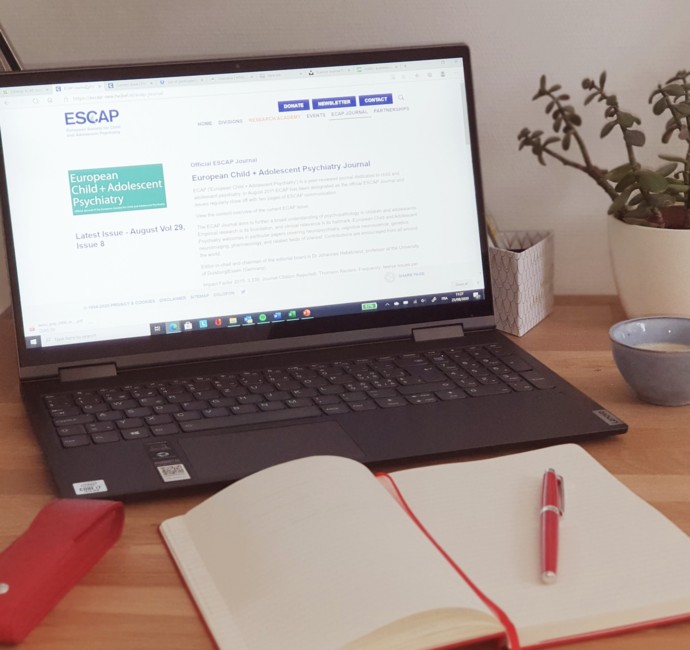
Overview of Online First Articles in the ECAP journal, not (yet) assigned to an issue.
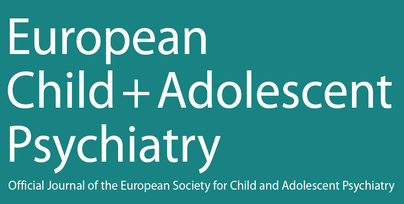
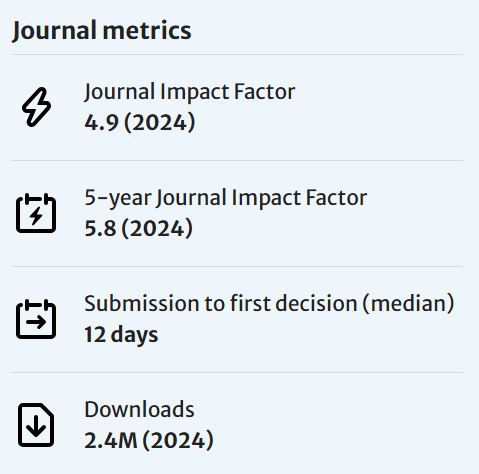
ECAP ('European Child + Adolescent Psychiatry') is a peer-reviewed journal dedicated to child and adolescent psychiatry. In August 2011 ECAP has been designated as the official ESCAP Journal and issues regularly close off with two pages of ESCAP communication.
View the content overview of the current ECAP issue.
The ECAP Journal aims to further a broad understanding of psychopathology in children and adolescents. Empirical research is its foundation, and clinical relevance is its hallmark. European Child and Adolescent Psychiatry welcomes in particular papers covering neuropsychiatry, cognitive neuroscience, genetics, neuroimaging, pharmacology, and related fields of interest. Contributions are encouraged from all around the world.
Editor-in-chief and chairman of the editorial board is Professor Pieter J. Hoekstra (The Netherlands).
Impact Factor 2024: 4.9, Journal Citation Reports®, Thomson Reuters. Frequency: twelve issues per year, including special issues to hot topics. The journal publishes the following article types:
To learn more about the ECAP Journal, visit the journal's homepage or access the tables of content and abstracts of the current and past issues. Further questions with regards to the journal European Child and Adolescent Psychiatry will be answered by Patricia Wiley (Publishing Editor, patricia.wiley@springernature.com ).
Read about the origins of this journal (February 2017 editorial by Helmut Remschmidt and Philip Graham on the occasion of the 25th anniversary of ECAP).
Submitting articles to the European Child & Adolescent Psychiatry Journal can only be done through the journal's publishers, Springer.
These two buttons will direct you to their dedicated ECAP submission and more information about author instructions webpages and how to create an account to submit your article.